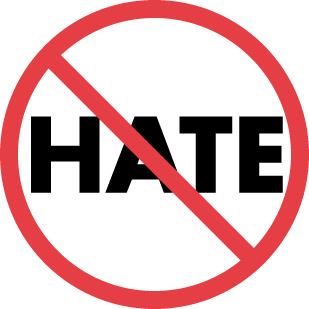 A new study by researchers at the University of Minnesota and New York University says that increased access to the Internet may explain a rise in hate crimes. Using a large data set compiled from the Federal Bureau of Investigation, the Federal Communications Commission, the U.S. Census Bureau, and the U.S. Department of Labor, the authors found that in counties where broadband Internet access became readily available in the early years of the century, the number of hate crimes increased by an average of 20 percent.
A new study by researchers at the University of Minnesota and New York University says that increased access to the Internet may explain a rise in hate crimes. Using a large data set compiled from the Federal Bureau of Investigation, the Federal Communications Commission, the U.S. Census Bureau, and the U.S. Department of Labor, the authors found that in counties where broadband Internet access became readily available in the early years of the century, the number of hate crimes increased by an average of 20 percent.
The authors conclude that the introduction of broadband internet access increased the efficiency with which hate groups could spread their ideology. This large-scale dissemination of racial hate may have fueled a rise in hate crimes perpetrated by individuals exposed to the internet content.
Jason Chan, a professor in the Carlson School of Management at the University of Minnesota and the lead author of the study, stated that “the positive relationship between broadband providers and the number of hate crimes is mainly found in places that have high levels of racism. The likely reason behind this is the internet facilitates this specialization of interest. That is to say users will search out content online that is congruent to their beliefs or preferences and are not as likely to look up content that is counter to what they believe in.”
The article, “The Internet and Racial Hate Crime: Offline Spillovers from Online Access,” is forthcoming in MIS Quarterly. It may be downloaded here.
A video of Dr. Chan discussing the research can be seen below.
https://youtu.be/wTU5nCSVIu8&w=570











